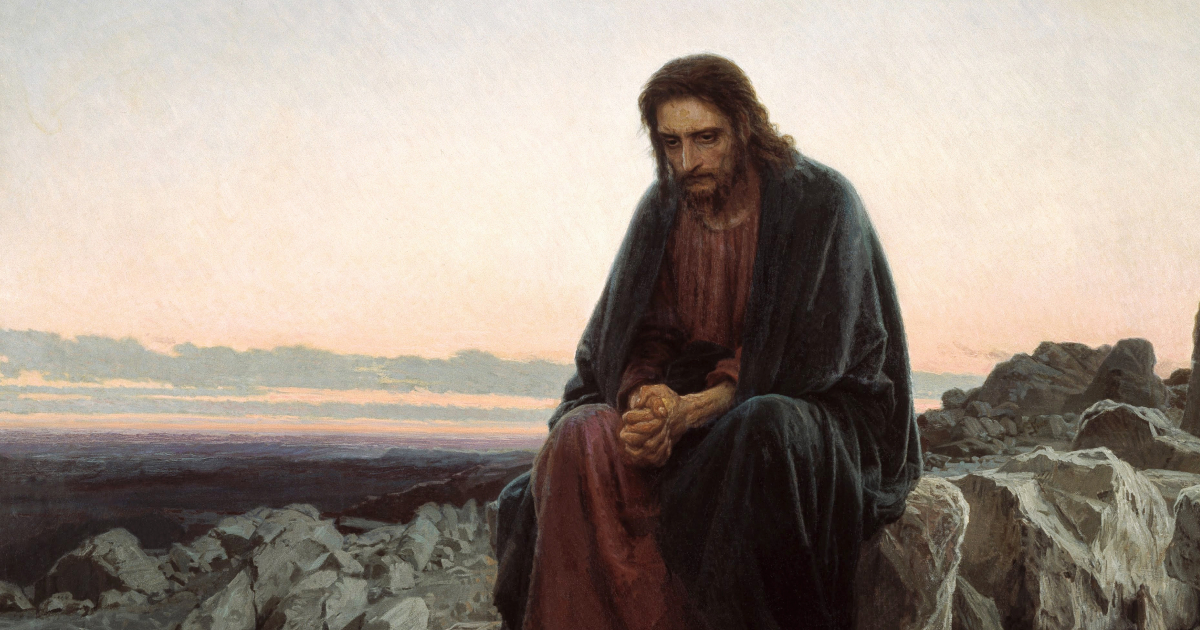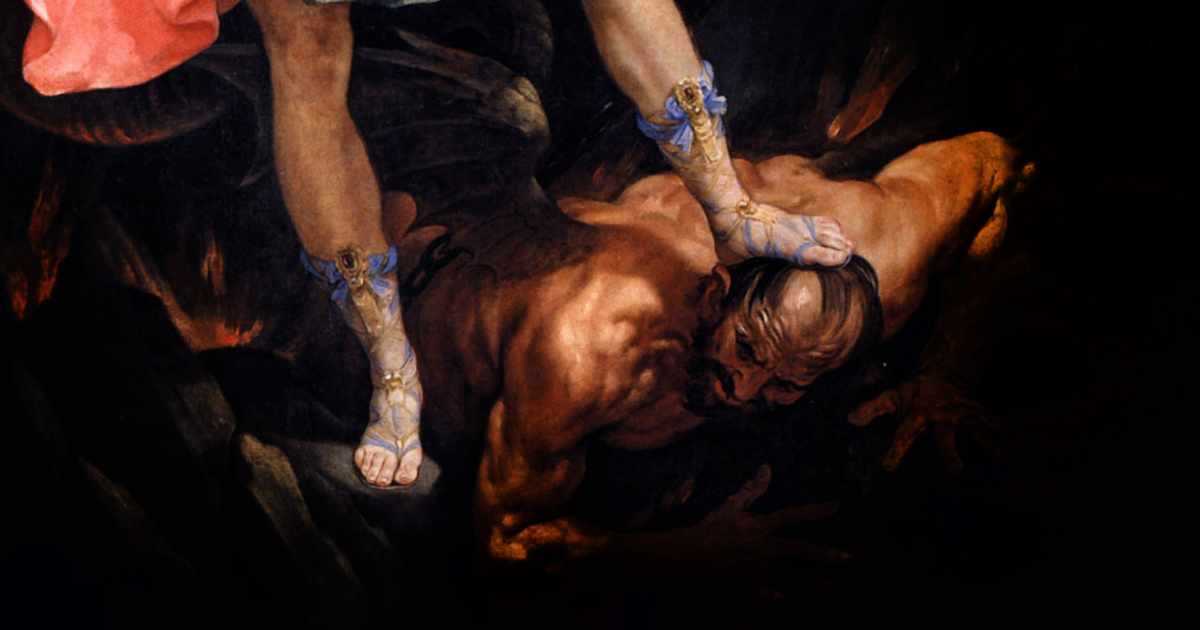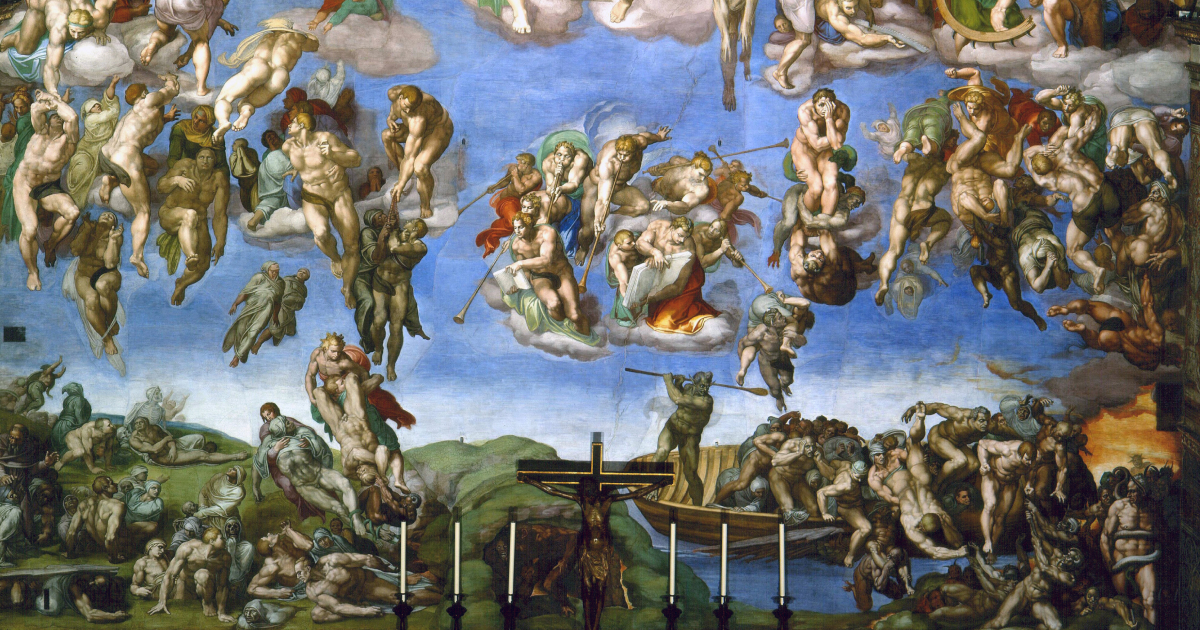China has issued a sweeping new code of conduct banning priests and preachers of all faiths from using the internet to carry out religious activities.
The State Administration for Religious Affairs published the Code of Conduct for Religious Teachers and Personnel through state media on 15 September. The code, which contains 18 articles, came into force immediately and lays down new rules on online activity for clergy and religious personnel.
Among the prohibitions are bans on online preaching, live-streaming liturgies, prayer meetings, and the religious instruction of children. Clergy are not permitted to distribute religious publications digitally or organise any form of online worship. The regulations also forbid raising money online for religious purposes, including the construction of churches.
The code states that religious personnel “must not collude with foreign forces” through the internet—a phrase that appears to include any contact with the Vatican, described as “overseas religious infiltration activities”.
Only websites of state-approved religious denominations are permitted. The stated purpose of the code is “to maintain order in the religious sphere”. All online activity must demonstrate “love for the motherland, support for the leadership of the Communist Party of China, support for the socialist system, and abide by national laws and regulations”.
The measures also require that all religious teachers and officials “practise the core values of socialism, adhere to the principle of religious independence in China, adhere to the direction of the Sinicisation of religion in China, actively guide religion to adapt to socialist society, and maintain religious, social, and national harmony”.
Violations of the code may lead to penalties imposed by multiple state authorities, including the departments of national security, telecommunications, public security, and religious affairs. Clergy who fail to comply can be ordered to make corrections within a fixed time limit, or face punishment under existing laws and regulations.
The rules extend to all Chinese territories, including Hong Kong and Macau, as well as Taiwan. They also apply to “foreign religious teachers who commit online acts in China”.
The code singles out the religious education of minors, stating: “Religious teachers shall not disseminate and instil religious ideas to minors through the internet, induce religious belief, or organise minors to participate in religious education.” This follows longstanding restrictions on children attending places of worship in mainland China.
The regulations further prohibit unauthorised online preaching “through live broadcasts, short videos, online meetings” and participation in “online Dharma meetings, worship, Mass and other religious activities”. Clergy are also forbidden from “distribut[ing] or send[ing] religious internal information publications through the internet”.
The code is the latest in a series of measures tightening government control over religious activity in China. In 2021, clerics were banned from being “dominated by foreign forces” or accepting appointments from religious institutions abroad without authorisation.
In April this year, new laws barred foreign nationals from participating in worship with Chinese citizens and required visitors to affirm the independence of Chinese faith communities.
(Photo by Kevin Frayer/Getty Images)





.png)











